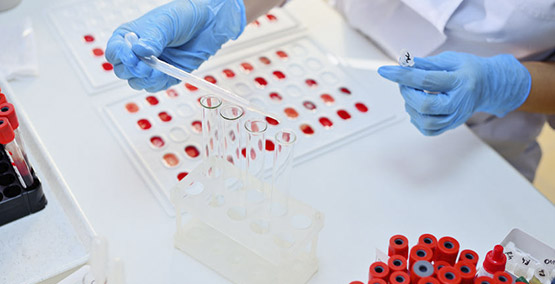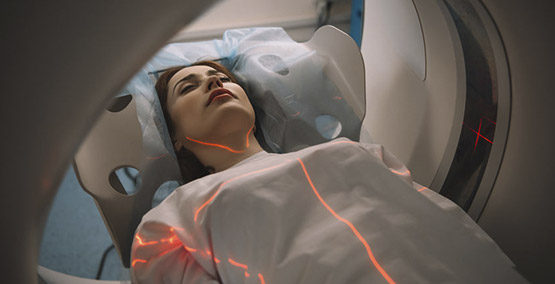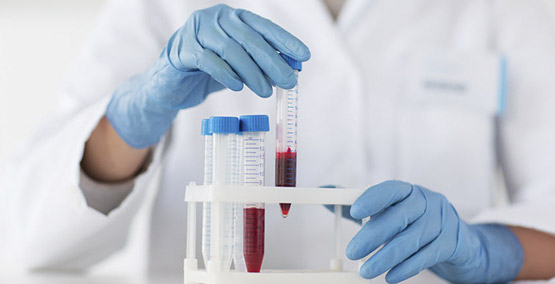
SPECIALIZED LAB TESTS IN IBD

Natalie Hill grew up in Atlanta...
Anti-sacchromyces cervisiae antibody (ASCA) and a particular anti-neutrophil cytoplasmic antibody (pANCA) are the most common autoimmune studies tested in IBD, though there are more and more of these. They are indirect tests used at times to tell whether a person's IBD is more likely to be from Crohn's disease or ulcerative colitis. Increased ASCA is sometimes present in Crohn's disease and high levels may indicate that person has increased likelihood of having more severe disease (the potential for a fistula or stricture. The pANCA is often present when there is disease in the colon (either Crohn's or UC).

Quantiferon Gold is a blood test for tuberculosis (TB) that is done particularly in areas where patients have been vaccinated for TB, where patients are often traveling to those areas or where the doctors feel more comfortable with this test instead of the PPD skin test that is preferred in other centers. Either the quantiferon gold or PPD is usually done before someone is started on one of the biologic medicines or sometimes before one of the other immune acting medicines is started. These tests are often repeated yearly or every other year.
When your doctor is considering a medication to lower your body's over-active immune system with azathioprine (or its brand name, Imuran) or 6-mercaptopurine (6-MP, or the brand name, Purinethol), he or she will usually order a TPMT to make sure you have an adequate amount of the enzyme that breaks it down. Blood levels (6MP metabolites) are then done as needed to make sure that the medication is present in a safe and effective level. Patients who are on one of the biologic medications (infliximab, Remicade; adalumimab, Humira; vedolizumab or Entyvio) may have testing to make sure they have sufficient IFX or ADA blood levels and no or minimal antibodies to the drug they are taking.
This article, as well as all others, was reviewed and edited by a member of our Medical Advisory Board.
Subscribe Be the first to know




